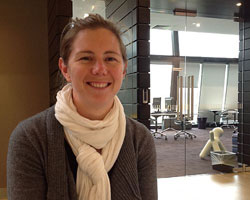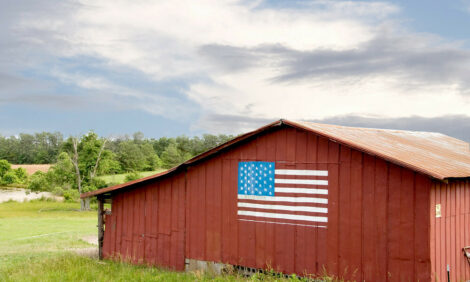



How Yolk Composition May Affect Growth of Broiler Chicks
AUSTRALIA - Ms Sarah Weaver, a University of Adelaide PhD candidate, is investigating the role of yolk composition on the development of broiler embryos. With assistance from the Poultry CRC and under the supervision of Professor Phil Hynd, she will compare yolks from broiler and layer birds to determine which compounds are different, and which may be responsible for changing the development of the birds.
Ms Weaver explains, “Research by Oh et al (2011), transferring broiler and layer chicken embryos onto their reciprocal yolk environments (i.e. layer embryos onto broiler yolk and vice versa), surprisingly demonstrated that embryos took on characteristics of the yolk that they were transferred to, rather than their genetically-programmed phenotype. Obviously there is something contributing to the phenotypic expression in the yolk as they develop, so my research is focussed on identifying these pre-hatch factors.”
This finding has significant implications, especially for the broiler industry where, up until now, genetic selection has been predominately based around growth rates and feed conversion post-hatch. This approach has led to some problems in fast growing broilers, such as skeletal issues. If factors in yolk are responsible for the development of certain phenotypes, then knowledge of those factors may pave the way for specific (and targeted) manipulation of the diet of broiler breeder hens to alter yolk composition and improve broiler health outcomes.
To test the hypothesis that factors present in the yolk are associated with differences in the growth performance and health of broiler chickens, Ms Weaver will begin by comparing crude nutrient factors such as energy, protein and dry matter to gauge primary differences between broiler and layer yolks. From there, the research will use an association approach to determine whether certain factors are associated with growth performance. If this is inconclusive, Sarah will utilise an intervention approach to see whether chicken growth can be altered by manipulation of yolk composition.
“The aim of this project is to develop tools that can result in a better developed bird that is set up for good health and longevity,” said Ms Weaver.









